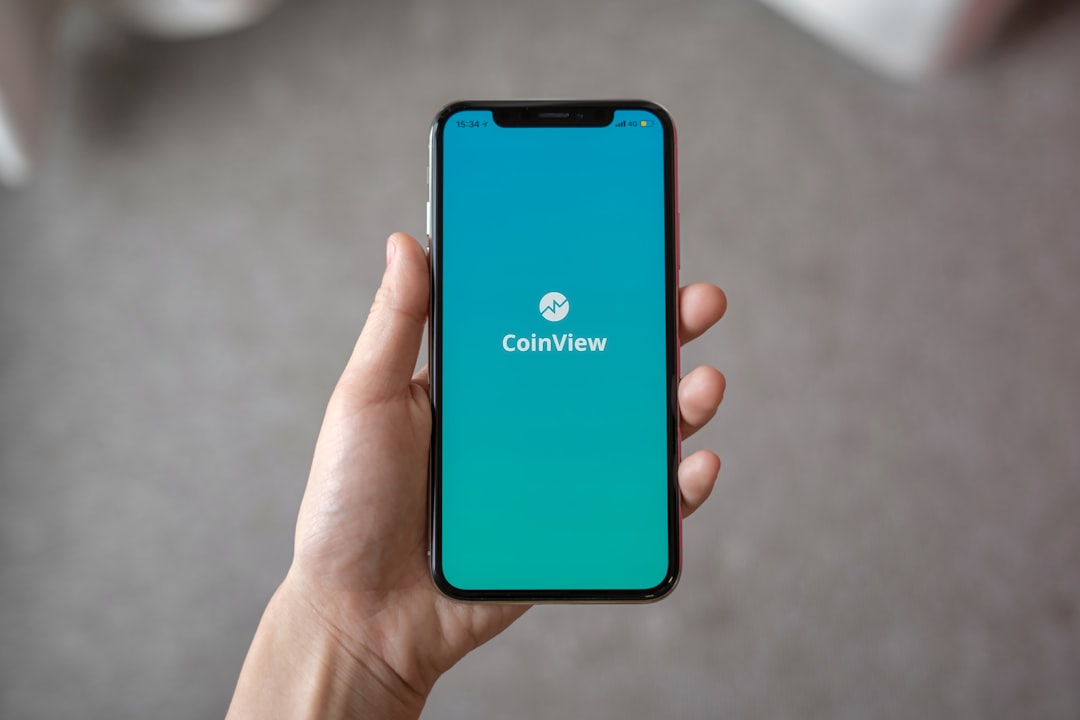In West Virginia, federal and state laws protect consumers from unwanted robocalls. Cold calls in Clarksburg should be approached with caution, as red flags like pre-recorded messages and high-pressure sales tactics may indicate illegal telemarketing. If you suspect a fraudulent call, avoid sharing personal details, document the incident, and consult a Robocall Lawyer West Virginia or a specialized law firm to protect your rights and explore legal options, such as filing an FTC complaint or taking action in court.
Understanding Robocall Laws and Regulations in West Virginia
In West Virginia, robocalls are regulated by state and federal laws designed to protect consumers from unsolicited and intrusive marketing calls. Understanding these regulations is crucial for identifying legitimate businesses during cold calls in Clarksburg. A robocall lawyer West Virginia or robocall attorney West Virginia can provide valuable insights into the legal framework surrounding automated telemarketing practices.
The Telephone Consumer Protection Act (TCPA) is a key federal law that restricts the use of automated dialing systems and prerecorded messages for telemarketing purposes without prior express consent. State laws, such as those in West Virginia, further refine these regulations. Knowing your rights and understanding when a business’s cold call may be considered illegal is essential. If you’re unsure, consulting with robocall law firms West Virginia or seeking advice from a robocall lawyer West Virginia can help ensure you’re dealing with legitimate businesses and avoid potential legal pitfalls.
Red Flags to Spot Unlegitimate Business Practices During Cold Calls
When receiving cold calls in Clarksburg, it’s important to be vigilant and spot potential red flags that may indicate illegitimate business practices. One common sign is automated or robocallers, who use pre-recorded messages and often violate do-not-call lists. These calls can be a nuisance and, as the name suggests, involve little human interaction. If you hear robotic voices, disconcerting pauses, or a script-like conversation, it’s a strong indication that the caller is using automated systems, which may suggest illegal telemarketing tactics.
Additionally, be wary of high-pressure sales techniques, such as demanding immediate decisions or threatening consequences. Legitimate businesses typically offer information and allow recipients to make informed choices without creating a sense of urgency. Another red flag could be calls claiming to represent well-known companies but asking for personal or financial details over the phone. Reliable organizations usually have secure methods for sharing sensitive information. If any call raises these flags, it’s advisable to exercise caution and consider consulting a robocall lawyer West Virginia or contacting a law firm specializing in such matters to understand your rights and options.
Steps to Take When Dealing with Suspected Fraudulent Robocall Companies in Clarksburg
If you suspect a cold call is fraudulent, there are several steps you can take to protect yourself and seek justice. First, never share personal or financial information over the phone with unknown callers. This includes bank details, social security numbers, or any sensitive data. Next, document the incident by noting the caller’s phone number, the date and time of the call, and a brief description of what was said. You can use this evidence if you decide to report the issue.
Consider consulting a robocall lawyer in West Virginia or contacting a reputable robocall law firm to discuss your options. They can advise on legal actions such as filing a complaint with the Federal Trade Commission (FTC) or taking the case to court. Many robocall attorneys in West Virginia specialize in consumer protection laws and can help you navigate the process, especially if you’re dealing with repeated or persistent fraudulent calls.






